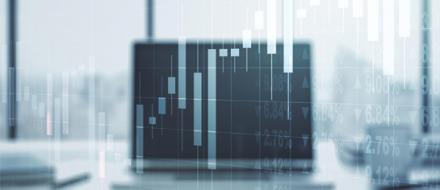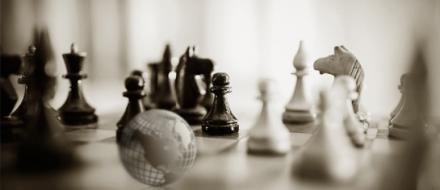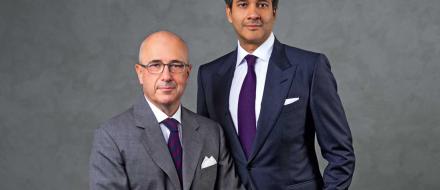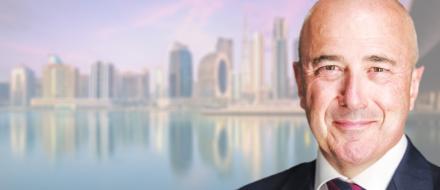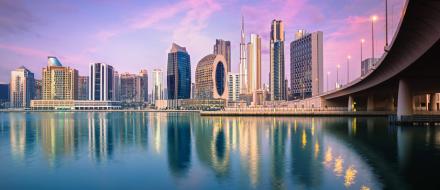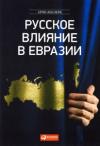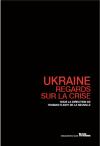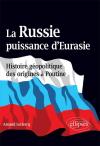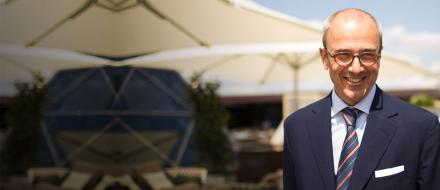Russia, Cyprus, EU - The good, the bad and the ungly
Reader may decide on his own who is who… but interesting to note that this Western-spaghetti entertaining movie has a slightly different translation in French where the Ugly is in fact the “truand” which basically means the Villain or the Crook. One may wonder if the French version isn’t more appropriate for the depositors, citizens, corporations and all naïve people who believed that having assets in an UE country meant to be treated equally and with fairness. Ironically, it was rather strange to hear senior UE officials claiming that Russian assets booked in Cyprus were laundered or of dodgy origin. If that was the case, then UE should seriously reconsider its policies, if not to mention its good faith, because Cyprus joined the UE back in May 2004. Rather than viewing it as 9 years of European blindness and incompetence, it would be more pragmatic to view it from Germany in a pre-election context, and bearing in mind that contrary to Greece or Spain, German, French or Dutch banks were not really exposed to Cypriot risk. As long as they do not suffer from it, one may wonder if in Brussels, Washington or Berlin whether anyone really cares if the locals, the Russians and the Brits take the loss. In our view, this is very short-sighted view and it will be just a question of time until retaliation, one way or another. It will probably have some impact on the “should I stay or should I go” future referendum in the UK about staying in the UE or simply accelerate the process of Russia rebalancing its economics and geopolitics towards the East*.
The latest news of the Cyprus paradise-island story are even worse than the worst expectations. In addition to the Laiki Bank bankruptcy, Cyprus may impose losses as much as 60% on Bank of Cyprus Plc accounts exceeding 100’000 euros. Above this amount depositors will have 37.5% of their savings converted into shares and – so says the official announcement – “with full voting rights and access to any future dividend”. After taking people’s money directly into their pockets, the last drop of cynicism is to insult them bluntly by suggesting an access to any mysterious dividends from a distressed bank. But that’s not yet the end of the nightmare: a further 22.5% will be temporarily withheld to ensure the lenders meet the terms of the recapitalisation. Let us summarise : 60 + 37.5 + 22.5 = 120%! No comment.
The recent history between the European Union and the Russian Federation is made of emotional baggage: lack of mutual respect, ambiguity, misunderstandings, divergence, distrust, rivalry. Like in an old conflicting couple, no one remembers who started the fight first but the fact is we may be heading for divorce, if that’s not the case yet, thanks to an amazingly (mis)managed process by some arrogant high European civil servants for whom you may seriously wonder if they have already been exposed to the real life of corporations and of normal people, except the one they have encountered within bureaucracy corridors. The result is that Russians may feel humiliated and moreover incur substantial losses, although money transfers from and though Cyprus were done in accordance with anti-money laundering laws and with a favourable double tax treaty which nonetheless respects the OECD Convention model. As such, it includes the nowadays fashionable criteria of exchange of information and reflects the changes that were introduced in the Cypriot tax legislation back in 2008. In other words, how to take the blame for respecting regulations and trusting an UE country. Despite a chilly atmosphere between the two sides about topics such the need for Schengen visas in order to visit Europe or the deployment of missiles in Poland to be protected from Iran, a reasoning which actually sounds even less realistic than declare a war for arms of mass destruction which were never discovered, the real issue lies in the difference of values and even more the reasons which behind it.
UE is promoting an open society where, like for a building, the elevation is sometimes more important than the substance. Thanks to tremendous achievements after WW II in building an economic and political Union for over 100 million citizens, Western Europe perceives itself as a model for peace and social-democracy second to none. Europeans accept somehow different systems like the ones in China, India, Middle East or Africa where they do not necessarily agree with everything but at least can bear different levels of subtlety as far as tradition, freedom, corruption habits and economy are concerned, especially if these countries are big buyers of European goods or hold substantial natural resources. Most likely because Russia is culturally close and shares a common history for the past centuries, the European capacity to accept that Russia is distinct seems very difficult. It is especially the case since the fall of the Soviet Union. In those years the model was obviously different and although “the Devil’s empire” as depicted by Ronald Reagan in his famous 1983 speech, USSR’s otherness was understood. In order to regain a position of equals amongst the concert of leading nations and avoid to be treated with negligible importance as the Cyprus events unfortunately demonstrated, Russia must be more positively offensive in imposing its status. Two topics would definitely help: firstly redefine clearly its values and communicate them not versus but simply as deeply rooted in history, assured and guenine. This is who we are and these are our values. Our model is not perfect but should be respected as for any other major civilisation. Secondly, use the example of other countries such as Qatar who exceptionally well leverages the traditional elements of power. Russia enjoys one of the strongest hard powers, i.e. its army, and its navy (thanks to Admiral Gorchkov) which could be perceived not only as harsh and as a potential threat but as peace corps e.g. in alliance with India or other BRIC countries. Russia could also take example from Qatar on the second element, which is its direct and indirect propaganda. Directly, several multinational PR companies are officially employed to promote the country, convince elites, and not just the useless advertising “Invest in…” that so many countries waste their funds for. Indirectly by holding sport events watched by the whole world, by hosting top Western universities, by managing its TV channel Al Jazira to act and influence all through its Middle Eastern neighbourhood and, last bit not least, the internationalisation of Qatar Airways which enjoys a highly positive brand. Skolkovo is great. Areoflot stands as a good airline but all this is far from a critical mass to expect a major impact. Another element is represented by its diplomacy which may be questionable in some regards but one has to admit that Qatar remarkably positions its foreign policy as a go-between in sensitive areas. Finally, thanks to its two sovereign funds and huge reserves in US dollars, Russia has the means to match the enormous investments of Qatar throughout the world. By controlling stakes in prime real estate and in major companies, by acting as a shareholder within corporate governance rules, Russia would leverage its influence into real activism. If China could manage to buy the port of Pireus without creating bad noise, there is no reason why Russia should not be capable one day to purchase Greek or Cypriot gas fields, ports, banks and other critical assets. Russia has all it takes to succeed.
Arnaud Leclercq
* A. Leclercq. Author of the book “Russia power of Eurasia – A history of geopolitics from the origins to Putin”




